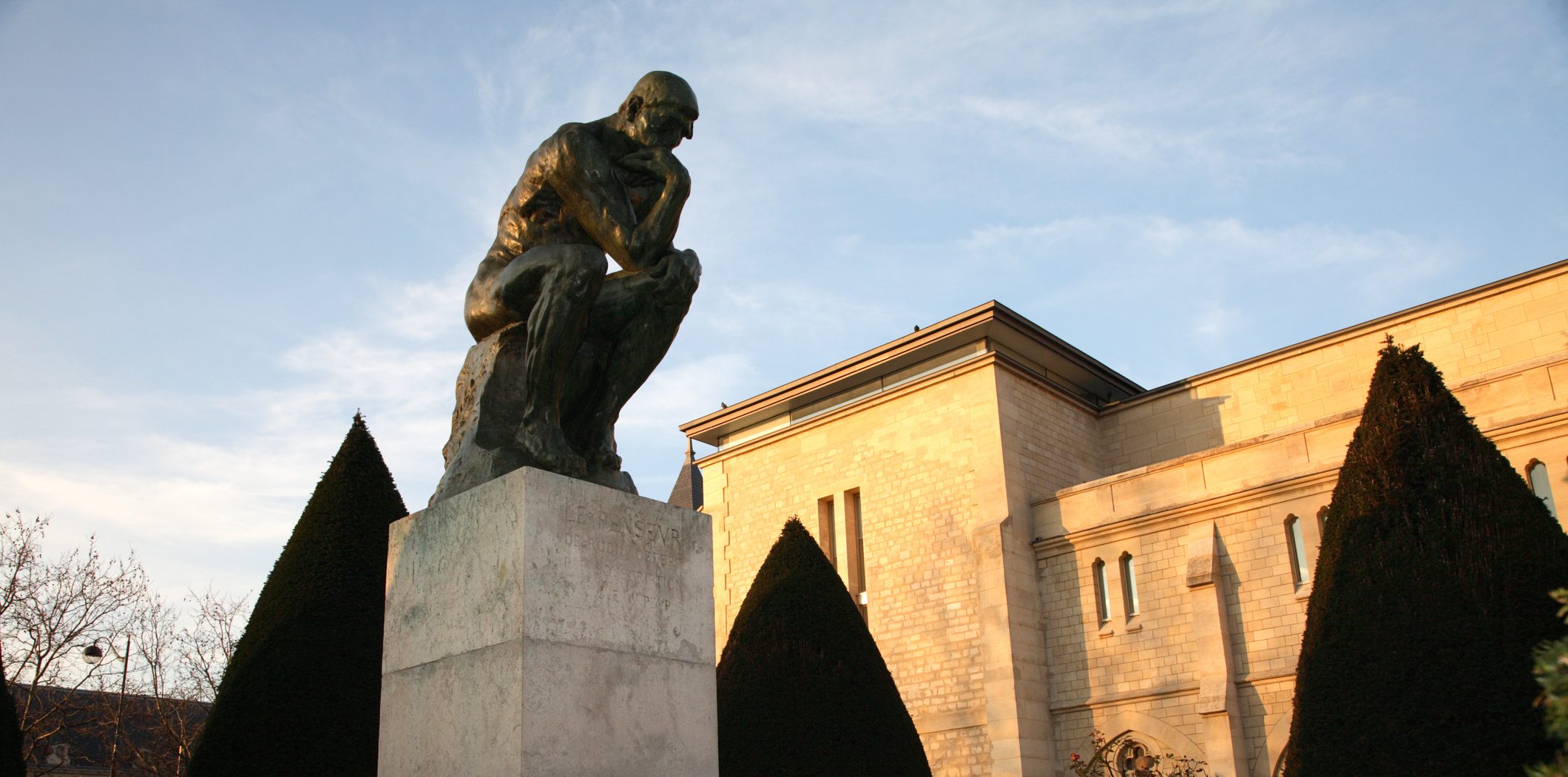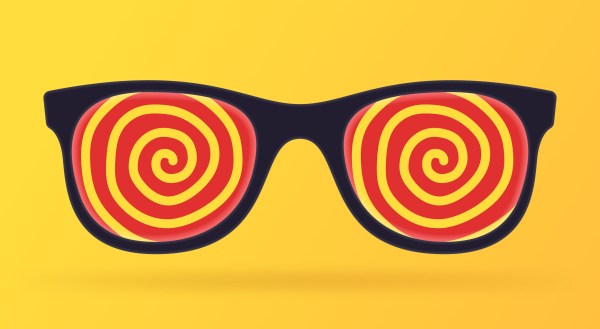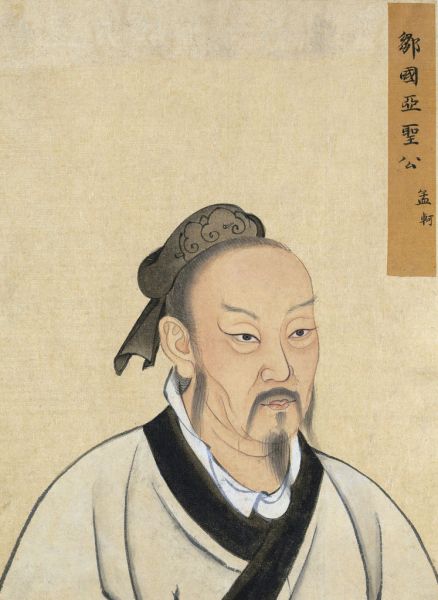If I asked you to picture a philosopher, you might recall The Thinker, the bronze statue sculpted by Auguste Rodin that sits outside the Musée Rodin in Paris. The sculpture depicts a naked, muscular man sitting hunched over, his chin resting awkwardly on the back of his hand, apparently deep in thought. The image of this sculpture as the paradigmatic philosopher is a common one: The Wikipedia page for philosophy features the statue as its cover image, and two major philosophy websites—the Stanford Encyclopedia of Philosophy and the Internet Encyclopedia of Philosophy—incorporate The Thinker into their logos.
But is The Thinker, in his solitude, truly engaging in thought?
In her new book Open Socrates: The Case for a Philosophical Life, University of Chicago philosophy professor Agnes Callard argues that real philosophy—real thinking—“is not something that happens in your head, but rather out loud, in conversation.” In Callard’s view, thinking is by necessity a collaborative process—an argument bolstered by the fact that Socrates, the Athenian eccentric who put his indelible stamp on Western philosophy more than two millennia ago, mainly philosophized via conversation. “Socrates discovered that by working together with another person,” Callard writes, “we make possible forms of thinking, self-knowledge, and questioning that are foreclosed to the person who works alone.”
This definition of thinking as a solely collaborative endeavor may strike you as incomplete, but consider Callard’s argument that the point of thinking is to arrive at the truth of the matter. It is difficult to get there without conversation because, as Callard reminds us, “speech can free thought from the blindness and bias and provinciality endemic to being just one mind.” Hence the peer review process for academic journals, editorial procedures in journalism, etc. (While non-oral forms of communication such as these aren’t truly Socratic, they are a reasonably good approximation.) Bouncing our ideas off of others helps us to realize where those ideas are wrong, and incorporating others’ feedback into our ideas moves them away from falsehood and toward truth.
Once you have accepted that inquiry demands the presence of an interlocutor, you may wonder what exactly to inquire about. Callard’s answer: everything.
Drawing on Plato’s Socratic dialogues, Callard makes the case for what she calls a “Socratic ethic.” A Socratic ethic is a system in which the only real command is ‘you should inquire.’ This stands in contrast to other ethical systems, in which practitioners are constantly seeking to implement a particular principle to address ethical questions. Socrates had “colossal ambitions,” Callard writes, about the value of his method of inquiry: “He believed that all of the trouble we have leading our lives, all of our dissatisfactions, all of our failures to progress, all of our moral imperfections, all of the injustices we commit, large and small, stem from one source: ignorance.” Moreover, “Socrates’ claim that ‘I know that I know nothing’ isn’t an empty gesture of skepticism, but rather a plan for life”:
It tells you that the key to success, whether you are navigating difficulties in your marriage, your terror at the prospect of death, or the politicized minefield of social media, is to have the right kinds of conversations. Given that we cannot lead lives based on knowledge—because we lack it—we should lead the second-best kind of life, namely, the one oriented toward knowledge.
We are used to hearing about the Socratic method when discussing philosophy or pedagogy (though Callard insists that what we call “the Socratic method” in education is almost never truly Socratic in nature), but Socrates did not restrict his ethical system only to intellectual pursuits. On the contrary, Callard writes, Socratic ethics “inserts itself everywhere, into every interaction, infusing every corner of life with the demand to become more intellectual.” In other words, Socratic ethics is an entire way of being.
So how can one actually live like Socrates? Callard says we achieve this by asking “untimely questions.” The types of questions Callard has in mind are fundamental to the way we live our lives:
There are so many questions about human life that we never stop to ask ourselves, because we are too busy moving on with our lives, deploying our answers. They are questions about how to treat other people fairly, what kind of greatness to pursue in life, what it means to love and be loved, how we should face death, how society should be organized, who our real friends are, how to raise our children, what the demands of justice are, and quite generally, what to do with our lives. These are questions about the things that matter most to us, about projects we have a standing investment in, questions we have always already answered.
If we don’t continually and substantially grapple with these questions, we are bound to live in an uneasy equilibrium defined by wavering. You are probably familiar with the feeling of wavering: It is “when you decide that one thought is suitable for one context and a different one for another, even though you cannot specify any relevant difference between the two contexts.” This leaves you feeling unmoored from the truth. “So we get by without asking untimely questions,” Callard writes, “or we appear to ourselves to get by, while actually wavering. We waver in our actions, we waver in our thoughts, and we waver most of all when pressed to explain ourselves.”
By now you probably have the same question that I did: How do you know when you’ve arrived at the truth? Or will you keep finding other things to question such that your entire life is defined by constant wavering? Callard’s answer (and Socrates’) is that “When the opinion is the conclusion of a process of inquiry, whose steps can in turn be retraced . . . our wavering stops.” In other words, you will stop wavering when you have come to a conclusion after an extensive process of inquiry. The Socratic ethic, then, is not a recipe for nihilism: There are correct answers to untimely questions—you just have to arrive at them by engaging in the process of collaborative thinking. “Knowledge,” Callard concludes, “is simply the name for an answer that is the product of a completed inquiry into a question.”
Agnes Callard has written a profoundly interesting and thought-provoking book. While I was reading it I often felt like Callard had abducted me and brought me into a dark room, strapped me down into a chair, pinned my eyelids open à la A Clockwork Orange, and forced me to confront the things I was secretly trying to avoid. But the experience was far from unpleasant. On the contrary, this book felt like a call to live a better life—one that not only encompasses inquiry but is guided by it.
Open Socrates puts forward an ethical system that is both terrifying and liberating—terrifying because it threatens to upend much of what you do every day and liberating because it cuts you loose from any bonds that are holding you back from pursuing truth. I am not sure if the world would be better off if everyone adhered to the Socratic ethic (how would anyone ever get anything done if everyone was constantly questioning whether they should do what they were doing?), but I am certain that it offers a more intellectually stimulating—and social!—blueprint for investigating the most profound mysteries of life. We live in a time of both excessive righteousness and loneliness; I can’t think of a better remedy to both ailments than coming together to inquire about the things that matter most.









Please note that we at The Dispatch hold ourselves, our work, and our commenters to a higher standard than other places on the internet. We welcome comments that foster genuine debate or discussion—including comments critical of us or our work—but responses that include ad hominem attacks on fellow Dispatch members or are intended to stoke fear and anger may be moderated.
With your membership, you only have the ability to comment on The Morning Dispatch articles. Consider upgrading to join the conversation everywhere.